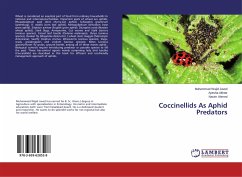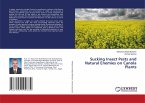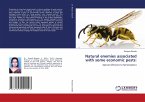The application of insecticides may cause the mortality of target and non-target species. Such substances kill non-target species by blocking some physiological or biochemical process. The main target of the insecticide action has been the nervous system, due to its high efficiency and high response in pest control. The understanding of the mechanism of insecticide action is essential to learn the causes of mortality of non-target organisms. The action mechanisms are divided into: neurotoxic, growth regulators, inhibitors of cell breathing and others. Neurotoxic insecticides are the main cause of insect mortality. The main groups of insecticides that act on the nervous system and the mechanisms involved are: organophosphates and carbamates (inhibitors of the acetylcholinestase enzyme); nicotine, neonicotinoids and spinosyns (acetylcholine agonists); cartap (antacetylcholine agonists); avermectin and milbemicins (GABA agonists); cyclodiene and Phenil pirasol (GABA antagonists); formamidines (octopamin agonists); pyrethroids and DDT (sodium channels+) and oxadiazins (sodium channels blockers).
Bitte wählen Sie Ihr Anliegen aus.
Rechnungen
Retourenschein anfordern
Bestellstatus
Storno








